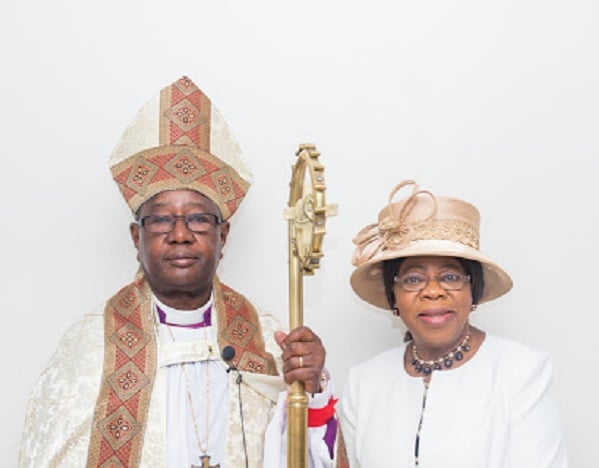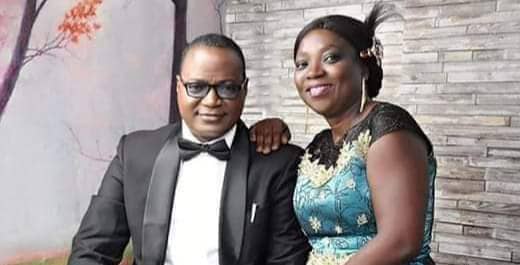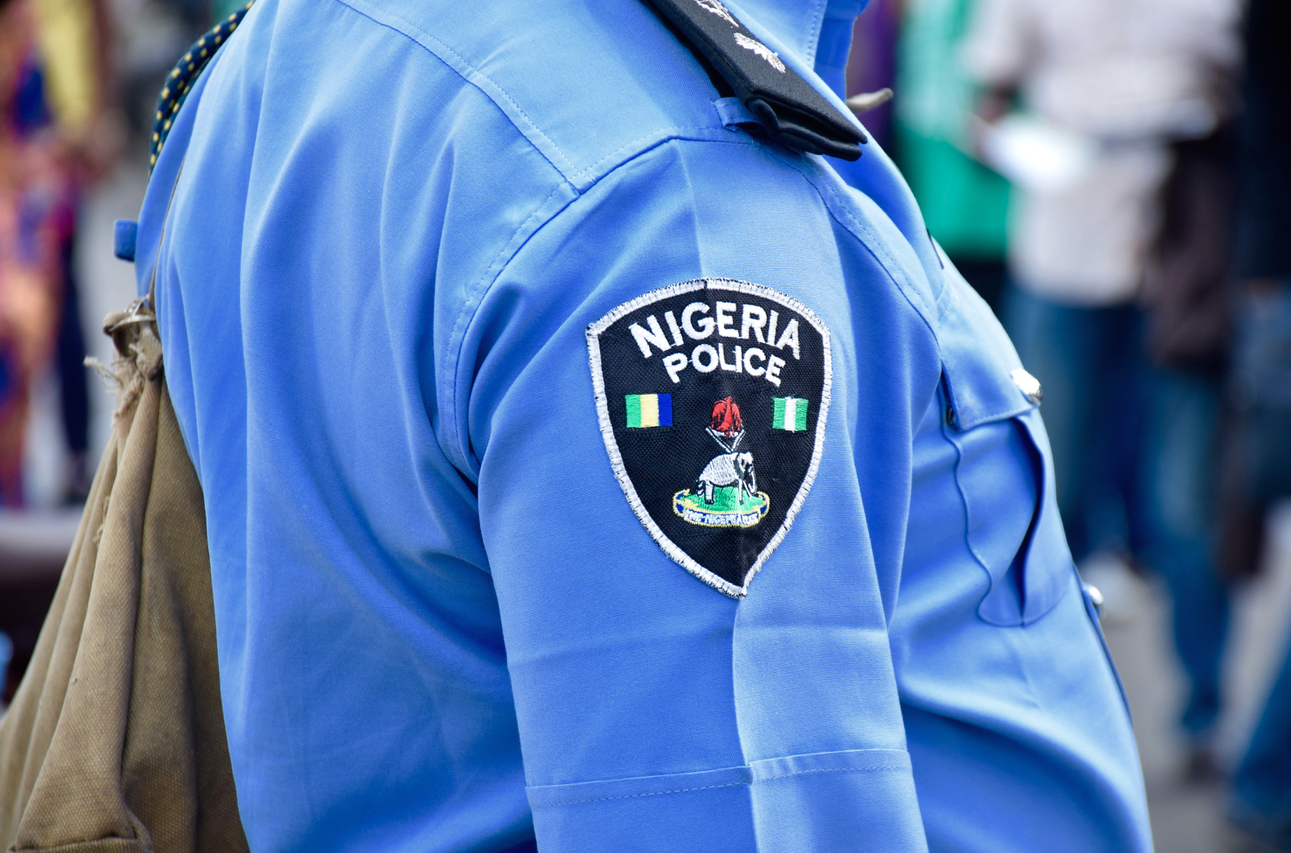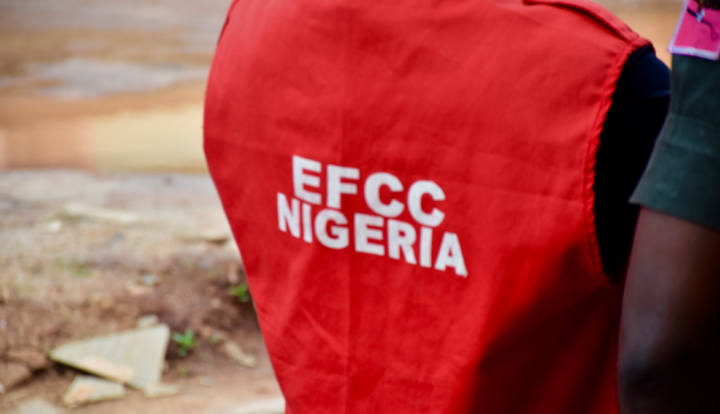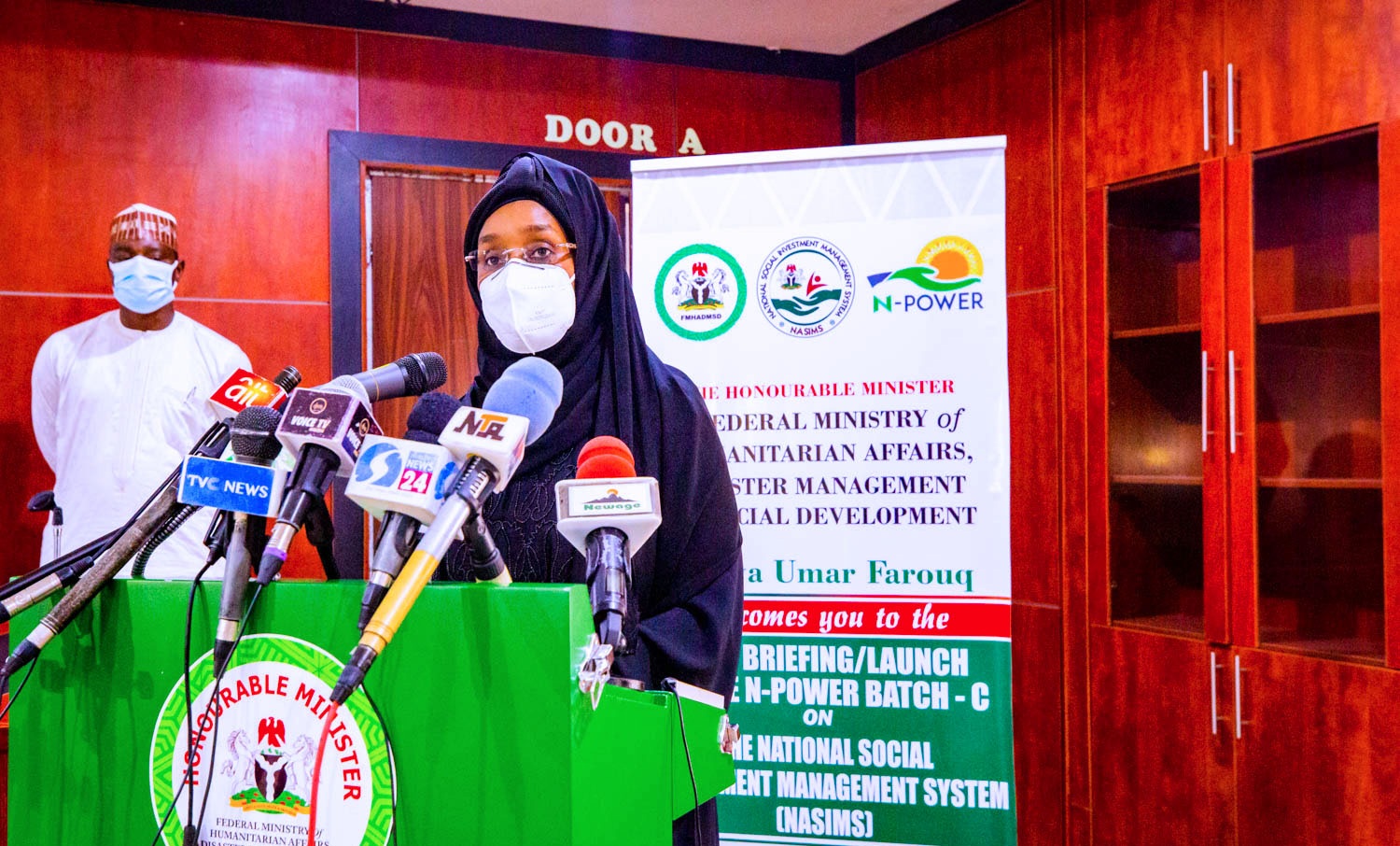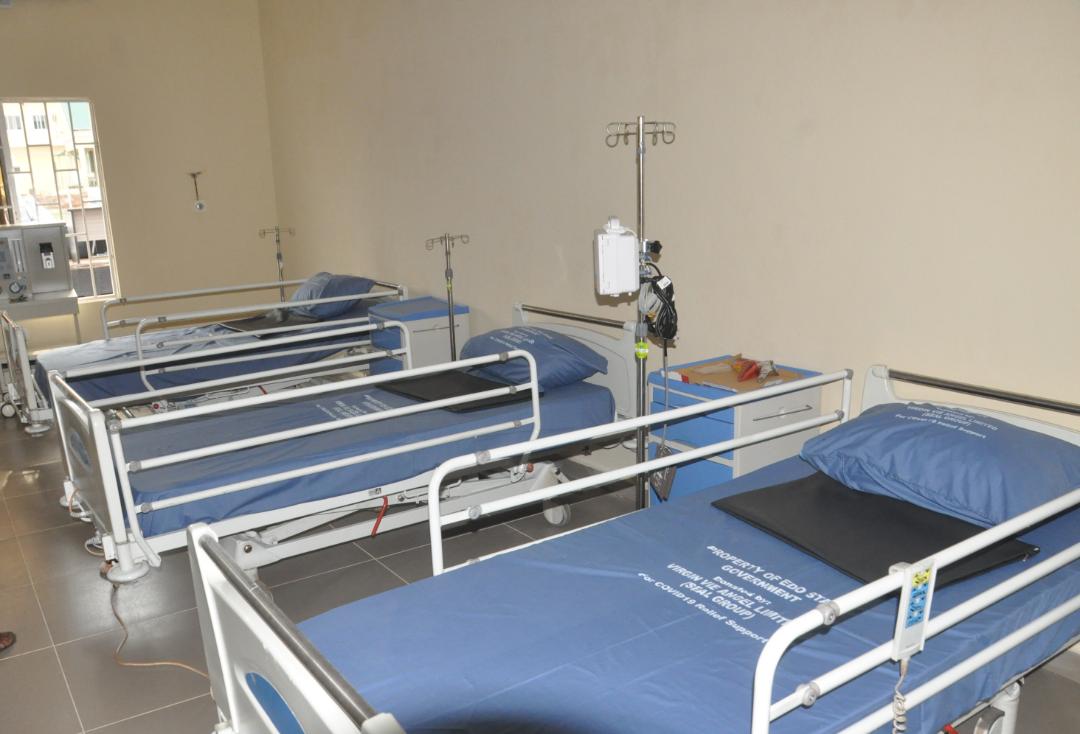Fagbamiye and the Anglican Church in America
BY JACOB OLUPONA
When, on 6th September 2020, the congregation gathered at the Anglican Cathedral Church of The Resurrection, Indianapolis, Indiana, USA for a thanksgiving service to mark the end of the last synod, Right Rev’d. Amos Seye Fagbamiye and his wife, Mama Abike Fagbamiye danced to the altar with a familiar lyric of praise in the Yoruba dialect, ‘Abo Re O, Jesu, A jise ti O ran wa.’ That translated as “We have returned, Jesus. From the errand on which you sent us.” Hearing this familiar lyric, I turned to my wife, who was watching this ceremony on Zoom with me, and I said, “Ahaa! That was my late father’s lyrics in the 60s!”
Rendered along with members of his congregation, in the 1960s, they would sing this song whenever they are returning to the church after the day’s evangelizing crusade across the city in Ile-Oluji, Bishop Fagbamiye and Mama Abike Fagbamiye’s hometown. This was where the Bishop and his wife had also, as young students, participated as choir and as youth vanguards in the St Peter’s Church and now the seat of a Bishop. What a befitting song to end the Bishop’s seven-year tenure as the first Diocesan Bishop of ADOTT and 33 years of priesthood in Nigeria’s Anglican Church! When I heard the announcement of his retirement several months ago, I began quietly to thank God for His faithfulness in Bishop and Mama Fagbamiye’s lives, for their families, and their ministry, particularly for God’s blessing in calling them to a ministry that allowed them to build a burgeoning Diocese that continues to make waves in North America.
As I was part of the early church of the Nigerian Anglican Communion in the United States, I know firsthand the hard work and heavy lifting the clergy and laymen and women all endured as a community to establish a veritable church and diocese that we are all proud to call our spiritual home today. The Anglican mission and the diocese, as many are already aware, began as the brainchild of Anglican clerics, including former Primate Jasper Akinola, Primate Nicholas Okoh, and several Nigerian Bishops, notably the retired Bishop of Lagos West Diocese, Rev’d Dr. Peter Adebiyi, whose labor of love, evangelical spirit, and the financial support of his diocese, and others such as the Ibadan St James Cathedral Diocese, under Most Revd. Akinfemiwa made all of these achievements possible. The ADOTT recently completed a book to be launched on March 12th to mark Bishop Fagbamiye’s retirement and serve as a testament to the work of numerous priests, evangelists, and laypeople, who labored to make the diocese what it has become today.
Advertisement
Bishop Fagbamiye came from a very humble but large Anglican family and chiefly tradition in Ile-Oluji. The Fagbamiye’s lineage is one of the first sets of Christian converts in St. Peter’s Church, Ile-Oluji (now the seat of a Diocese.). The Bishop would be the first in his family to be ordained a priest and the first in the diocese to become a Diocesan Bishop. Bishop Fagbamiye’s family is one of the families that are synonymous with the Cathedral Church of St Peter’s, Ile-Oluji. As I recall in my book, ‘In My Father’s Parsonage: The Story of an Anglican Family in Yoruba-Speaking Nigeria’ (2012), during my childhood and as a schoolboy living with my parents in the vicarage, I remember that one of his uncles was a member of the church’s inner circle. His self-assigned duty was to quietly go around the church during church service to persuade the noisy little children running around to maintain silence as the church service was in session. He would send those he deemed old enough to benefit from the Sunday School to the nearby primary school across the church to join their peers to learn the word of God. As a result of his steadfast commitment to the church, we children named him ‘Baba-L’igbagbo’, (The Believer or Mr. Christianity). Very soon, this nickname, given to him by children, eventually became his adopted name in the church community circle. In later years I sometimes thought that if the late legendary Bishop Charles Philips (1877-1906), whom I described in 1983 as “The Apostle of Ondo Christianity,” had known about the activities of such a person as Baba L’igbagbo Fagbamiye, the late Bishop would also have created a similar church title as part of the church indigenization policy he was famous for. Bishop Charles Philips, of blessed memory, created in the late 19th century titled Christian chiefs (Bale, Balogun, Seriki, Otun, Osi, Iyalode, etc.) for his growing churches in the then Ondo Anglican communion where Christianity spread to many districts in Eastern Yorubaland. This was long before the tradition of bestowing honorary title of knighthood on deserving churchmen and women in the Anglican church in Nigeria.
The point I am trying to make as it concerns our retiring Diocesan is that, like many Anglicans of my generation, Anglicanism is not just a faith and belief system but is also a heritage, a legacy, and an inheritance. That is what motivates spiritual passion, a sense of belonging, and commitment to the church, a factor that is lost to many in this age of cash and carries spirituality in many Nigerian churches. A glance at Bishop Fagbamiye’s life and times will provide a glimpse of God’s faithfulness in his life and ministry. After undertaking primary education in Jos, Nigeria, where his parents lived, he was sent to Gboluji Anglican Grammar School, Ile-Oluji, where I also schooled. He had an exciting life, including belonging to the Boy’s Brigade with his older brother, Akinyele Fagbamiye, who is now High Chief Lisa of Ile-Oluji, second in rank to HRH Oba Dr. Adetimehin, the Jegun of Ile Oluji. When the young Fagbamiye completed his secondary education, he joined the first set of the Higher School Certificate Class in 1967 in the same school and, after graduation, proceeded to the University of Ibadan, Nigeria, to study Physics. He later pursued post-graduate studies in computer science and earned a master’s degree in computer engineering at the University of Ife, Nigeria.
Fagbamiye was commissioned into Nigeria Army in 1974 and during twenty-five years of service, he served as an instructor at the Nigerian Army Signal Training School, the Nigerian Army School of Artillery, and later at Nigerian Defense Academy (NDA) where he was also the Head of the NDA Computer Center. He also held staff and command appointments including Research, Recruitment and Training Officer at the Army Research, Recruitment & Resettlement Directorate and later Director of Army Date Processing e Director of Nigerian Directorate of Automatic Data Processing (computer Unit) where he retired in 1996 as a Lieutenant Colonel with military awards including meritorious and distinguished service awards. Fagbamiye received the call into ministry and was ordained a deacon and priest by the Rt. Rev. Aderin, the Bishop of Ondo Diocese of the Anglican Church Nigeria on December 10, 1988, and December 11, 1989, respectively. He would then serve for many years as a priest, in the Lagos West Diocese, under the Diocesan Bishop Adebiyi, whose diocese would later become a major benefactor of the new ADOTT Diocese. He rose to the rank of an Archdeacon, and after that, Fagbamiye moved to the United States, where he continued his pastoral work when the newly created Nigerian Anglican Church was emerging. Here in America, he studied for his Master of Divinity at the Christian Theological Seminary, Indianapolis. In December 2007, he was consecrated a Suffragan Bishop of the CANA, and later appointed the Diocesan Bishop of ADOTT (formerly MDT) that supervises a large diocese consisting of four regions with four Suffragan bishops Kayode Adebogun, Martyn Anagbogu, Dokun Adewunmi, and Augustine Unuigbe, each serving as the head of each region.
Advertisement
There is no doubt in my mind that as Bishop Fagbamiye retires, he leaves with a full heart and mind of satisfaction and gratefulness to God who has seen him through the heavy labor of serving in his vineyard and hence the impact of his departing lyrics “Abo re o Jesu.” However, the lingering question is what does the future hold for this diocese, particularly in the uncertain situation of the American society where Nigerian churches operate, and the sometimes authoritarian tenor of the church at home where many a times politics rather than Christian spirituality and reason propel church leadership?
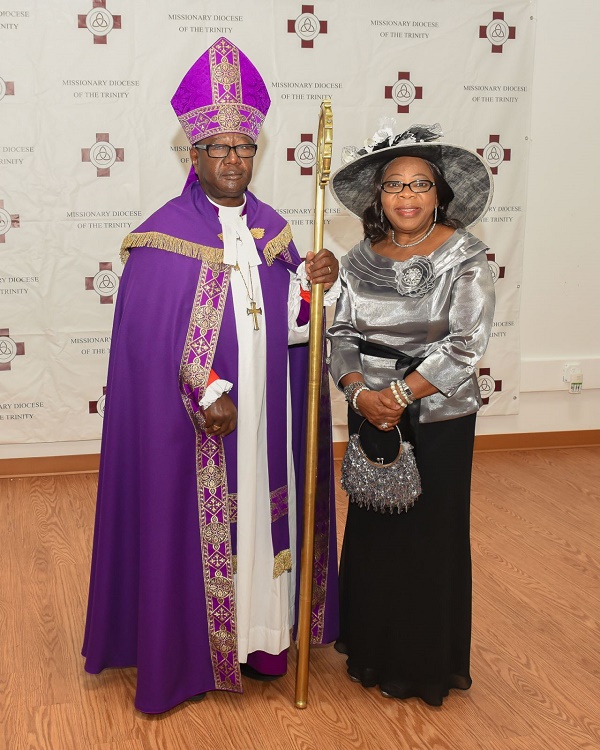
Bishop Fagbamiye’s retirement also provides us an opportunity to have an in-depth conversation with the Nigerian Anglican Communion at home. We need this public conversation when church leaders at home should recognized the skills and talents of Nigerian Anglicans in the United States and allow them to shape the destiny of their own church movement. Leaders of the Anglican church would be wise to know that the USA is not Nigeria! And no right-thinking person in the land of the free would allow anybody to tamper into his or her religious liberty. We hope that our little advice will provide enough forum for the church leadership’s rank and file to be more informed about the status and state of Nigerian Anglicans in the United States and Canada. We agree that the church has ecclesiastical oversight over the diocese, but the church in Nigeria must be mindful of the legal burden we shouldered as a church in America.
Additionally, we hope to communicate with the Nigerian Anglican Church that they should be mindful of the consequences of their decisions and actions, as it affects a large number of Nigerians who are quietly doing their work and serving God in their own way, having no time to waste on meaningless ethnic politics. On no grounds should any action be taken to disrupt the structure of ADOTT, particularly when the church leadership at home has no clear idea of what is going on here. All attempts that some of us have made to provide insights into the state of things here have been discouraged and, at times, met with insults. It seems to me that the notion of the Nigerian American Church at home is one whose membership is primarily (and perhaps purposefully) made up of those lacking the social capital to afford the agency to have a say in their own church life. The membership consisting of men and women of some eminence, doctors, professors, professionals, engineers, and lawyers, who constitute the laity’s strength is often bypassed and not reckoned with. Unfortunately, this kind of mindset is compromising the trust one should typically have in one’s church. The Nigerian Anglican Church must avoid, at all costs, policies that may have ethnic/ tribal influence on the Nigerian Anglican movement in the United States and Canada.
Advertisement
Furthermore, the ADOTT Church should under no circumstances be asked to become subservient to the white establishment named Anglican Church of North America(ACNA.) Events in the last few weeks in ACNA have further confirmed our view that Nigeria’s church leadership do not understand the American church, its culture, nor its people. The greatest insult you can bestow on Nigerian Anglican Christians here is to decree that we are acquiescent under a church where white people take the lead.
The only reason I can deduce for legislating our membership of ACNA is that we need resources from them. So far, ADOTT is self-sufficient and doesn’t need a dime from the White American Churches. If, however, the Nigerian church at home takes money from ACNA, which I doubt, it certainly diminishes the church and the integrity of an independent body of Christ. All these ideas and theories about mission work in North America and Europe miss the cardinal and social meaning of an African mission in the 21st century. All over Africa, and particularly Nigeria, churches are embarking on a mission here in the context of “reverse mission,” a term I coined to describe the idea that Nigerians and other Africans are fully committed to a new form of evangelism in the 21st century. It is vital that Africans take the lead in evangelization and not be made to follow the American leadership to avoid the immense humiliation that Bishop Samuel Ajayi Crowther suffered at the white establishment’s hands, which led to his depression and ultimately his death.
Moreover, events in the last two weeks within ACNA have further confirmed our fear. Ironically, the same body the church of Nigeria considers to be the American overlord Nigerians Anglicans need for proper tutelage is emersed in the very same moral crisis that made them pull out of the Church of England. What an irony and an embarrassment to the body of Christ.
The Church of Nigeria Anglican Communion must prayerfully humble itself to learn about American religious culture and tradition. Unfortunately, the conversation making the rounds in Nigeria among well-placed Anglicans that shows the former President Trump as a devout Evangelical Christian, one who is far better than the newly elected President Biden, is another clear indication of illiteracy and ignorance. The Nigerian outsiders may need the Nigerian American insiders here, who fully experience the policy and polity in compelling issues to reach a fair and informed decision.
Advertisement
Leaders of the Church of Nigeria must be gracious and modest enough to avoid making decisions on matters on which they lack knowledge and expertise. Most of the Nigerian Anglicans here in the USA and Canada are dual citizens, where freedom of religion and freedom of worship is a cardinal secular obligation. And like Paul the Apostle, who was compelled to declare his citizenship in Rome (Act 22), we believe that no one ought to control our religious expression- especially when those religious expressions conform with the noble tradition, heritage, and legacy of Nigerian Anglican Church movement going back to its historic foundation in Yoruba communities the mid-nineteenth century.
In conclusion, the above reflections on the occasion of the retirement of Bishop Fagbamiye are warranted so that the years of struggle and troubles and toil he has made in creating and stabilizing this diocese will not be in vain. The ADOTT Diocese is courageously marching forward with the spirit of Christ and the progressive traditions of the Nigerian Anglican church which has contributed so much —- certainly more than any religious and social movement — to the development and growth of Nigeria. Bishop Fagbamiye has kept faith with this glorious heritage. I wish Bishop and Mama Abike Fagbamiye a happy retirement.
Advertisement
Professor Jacob K. Olupona, Harvard University, USA
Advertisement
